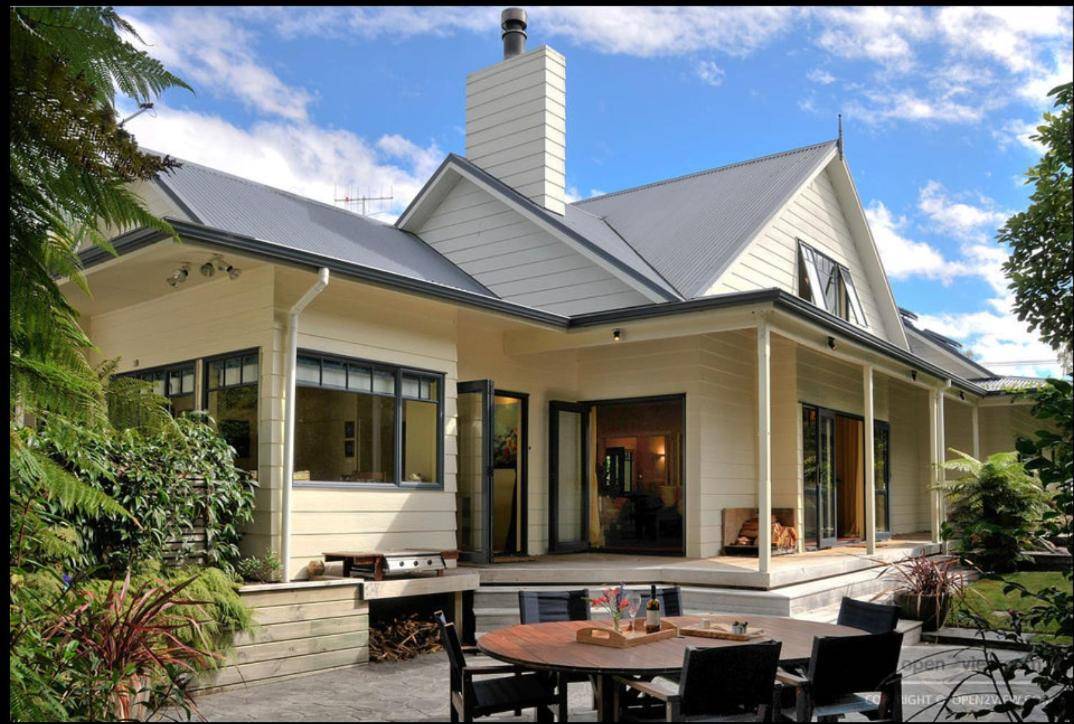Energy: consuming & saving
- Energy conservation practices are encouraged of guests using in-room signage
- Eco heaters are in each suite, driven by electricity, to help supplement the underfloor heating.
- Some outside lighting operates on movement sensor
- Low energy lights, left on overnight in guest wing
- Outside lighting is low wattage
- LED bulbs throughout the house where feasible
- Underfloor heating in guest rooms is supplemented with eco-heaters
- Part of the property is double glazed.
- 150mm insulation in the roof
- All pipes are fully lagged
- Log fire only lit on cooler days
- Non-essential fridges turned off in quieter months
- Appliances are sourced based on energy and water efficiency
Recycling / Reusing / Reduce / Rebuilding
- Guest room waste is sorted and recycled accordingly
- Weekly collection for all cardboard, plastic, aluminium, and glass for recycling
- Kitchen waste is given to the Worm Farm; all garden waste is composted
- All paper reused where possible
- All magazines from guest rooms and public areas are given to local charities
- All clothes, shoes, excess equipment is sent to the Hospice Shop for reusing
- Guests given option to have towels changed
- All toilets have twin flushes – short and long flushing
- All towelling/cotton/personal washing are line dried where practicable
- No excessive use of chemical cleaning products and water usage
- Steam cleaner used for cleaning all hard floors with no chemicals
- Building of structures may reuse materials from other constructions
Waste
- Such recycling systems in place as – glass, cardboard, tins, aluminium, paper and plastic
- Bulk ordering done in all departments to avoid excess packaging
- Herbs are grown on site
- Locally sourced mulch is used to improve soil of the gardens
- Plastic is avoided where possible
- Limited printing of emails, reservations and general paperwork
- Single hand towels used in public bathrooms
- Large garden waste is transported to a local Council Waste Depot for mulching
- Kitchen scraps fed into the Worm Farm; worm ‘wee’ is fed to the garden
- Eco friendly cleaning products used to a minimum
- A trapping & baiting programme has begun on the property for vermin such as rats, stoats, and weasels, to ensure it is predator-free
Procurement & Providers
- Visitor attraction leaflets are available for our guests from us
- Floral displays for guests are supplied by us
- We support and encourage guests to visit nearby suppliers who we use to support the local area and keep travel to a minimum
- Arrange home deliveries of products via local suppliers where possible
- Free range eggs bought locally
- Vegetables and fruit from local producers where possible
- All food is prepared following the basic Food Safety Rules
- Ethically sourced resources are used where possible, including coffee
- Muesli/granola is homemade
- Work for local trades people is provided, thus contributing economically to the community
- Local partners such as the local restaurants, activity providers, guides for both hiking and fishing are fostered to heighten visitor satisfaction.
E-Communication
- We have an online booking system which removes the need for any paper and postal services, emails only are sent.

